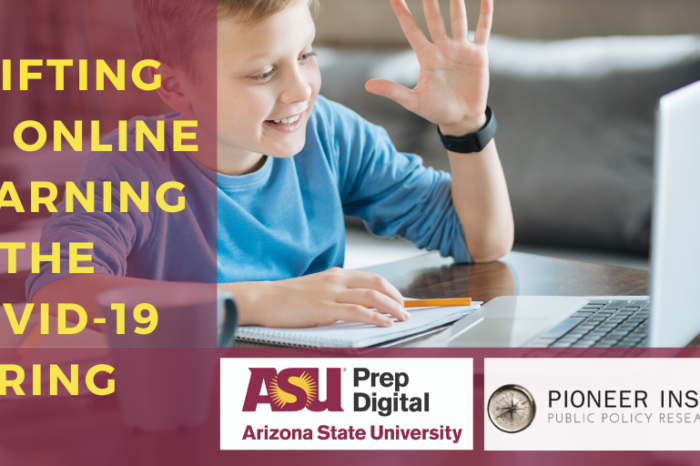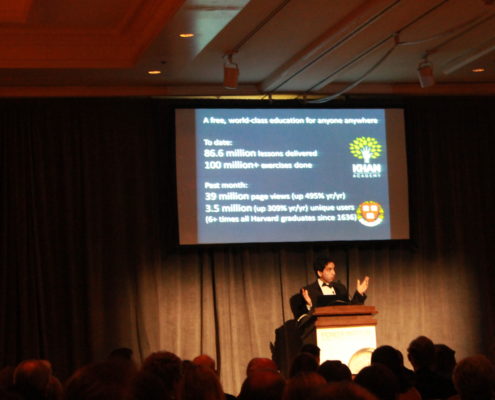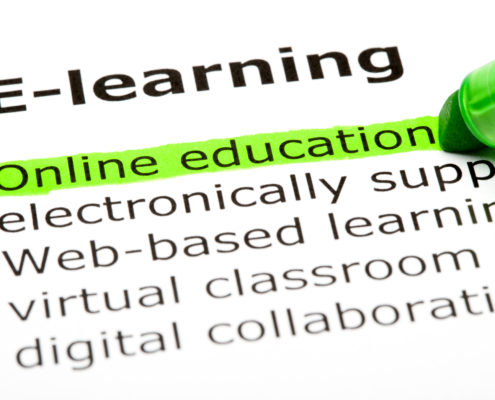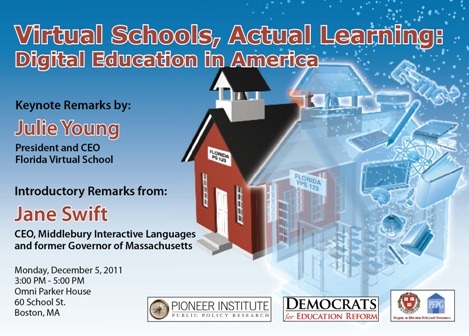New Report Offers Case Study for Transition to Online Learning
Virtual Schooling Pioneer Julie Young provides tips on how states should move forward during COVID-19
BOSTON – With the shift to online education in response to COVID-19 presenting a daunting challenge, a new Pioneer Institute and ASU Prep Digital policy brief offers five important considerations for schools and districts.
“As of late March, at least 124,000 public and private schools affecting a minimum of 55.1 million American children had closed,” said Julie Young, co-author of “Shifting to Online Learning in the COVID-19 Spring,” with William Donovan. “An effective transition to virtual learning is needed to avoid the loss of up to a third of the current school year.”
1. Understand the level of equipment and Internet access that families have.
School districts should conduct a survey of the families they serve to determine who needs devices and who lacks Internet access. In Illinois, Belleville Township High School District 201 deploys four school buses equipped with Wi-Fi to serve as Wi-Fi hotspots. Between 10 a.m. and 1 p.m. every weekday, drivers park the buses next to seven parks throughout the town and Belleville’s downtown YMCA, depending on the day of the week.
Districts should also be aware that even families with a high-speed connection may not have enough devices for multiple children, particularly if parents are working from home.
2. Equip schools for virtual instruction.
If they don’t already have one, districts should purchase a learning management system (LMS), the set of tools that houses course content and provides the framework for communication between students, teachers, and parents. There are more than 1,000 LMS vendors, including Agilix Labs, Blackboard, Desire2Learn, Moodle, and Pearson Learning Solutions. Many districts are sticking with basic online options they already use and that teachers and staff are familiar with.
3. Prepare your teachers.
Give teachers time to acquire some of the basic skills they need to prepare their online courses and practice teaching online.
Principals and school administrators can provide guidance to teachers as they select from the vast number of online lessons, videos, simulations, and activities. Assistance is also available from other online educators such as ASU Prep and Florida Virtual School, which was the first full-time online school in the U.S.
4. Most special needs students can be served.
The large majority of special needs students with Individualized Education Plans, can easily be served when shifting to online instruction; however, online education often is not as effective with severely disabled students.
5. Establish daily schedules.
Clear expectations should be in place for when teachers and students are expected to be logged on. Some schools choose a morning meeting and an afternoon check-in. Others spread the school day over two days, with classes in the morning and teachers holding online office hours in the afternoon.
Consistency is also important for parents. Very young students may require parental assistance with online instruction, and parents are often managing their own work-from-home schedules.
“COVID-19 has made clear that Massachusetts and many states are decades behind providing meaningful academic online learning for K-12 students,” said Jim Stergios, executive director of Pioneer Institute. “Having a virtual schooling trailblazer like Julie Young of ASU Prep Digital map the path forward for state leaders is an invaluable resource during this national crisis.”
To facilitate the shift to online learning, states should clarify any confusion around what counts as instruction time for funding purposes and/or instructional minutes requirements. State education departments and school districts should also add pages to their websites that provide extensive information about the transition.
About the Authors
Julie E. Young is Vice President of Education Outreach at ASU and Managing Director of ASU Prep Digital. Julie is passionate about students and is focused on leveraging technology to provide them with new opportunities. Prior to joining ASU Prep Digital, she was the founding CEO and president of the Florida Virtual School, the world’s first virtual statewide school district and one of the nation’s largest and most influential K through 12 online education providers. During her tenure, the school served over 2 million students in 50 states and 68 countries.
William Donovan is a former staff writer with The Providence Journal in Rhode Island where he wrote about business and government. He has taught business journalism in the graduate programs at Boston University and Northeastern University. He received his undergraduate degree from Boston College and his master’s degree in journalism from American University in Washington, D.C.
About Pioneer
Pioneer Institute is an independent, non-partisan, privately funded research organization that seeks to improve the quality of life in Massachusetts through civic discourse and intellectually rigorous, data-driven public policy solutions based on free market principles, individual liberty and responsibility, and the ideal of effective, limited and accountable government.
Get Updates on Our Education Research
Related Content









